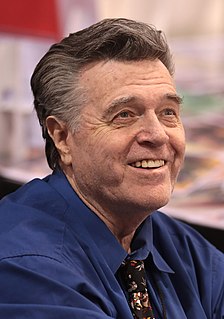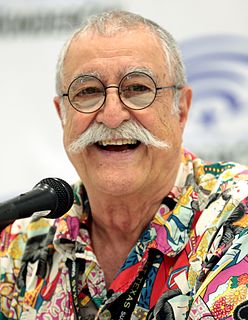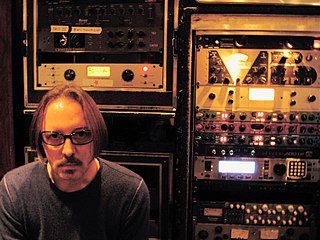A Quote by Jason Aaron
You gotta trust your artist. I love writing pages without dialogue, which seems weird, I guess. But few things are as powerful in comics as a really strong silent page.
Related Quotes
My feeling is that it's one of the very few things that comics can do that you really can't do in any other medium. I feel like the reader accepts all of these styles, and after a certain point you can flip the pages and see a character rendered very differently than you saw on an earlier page, and it's not jarring. It suggests things that you can't suggest just in the writing or in the plotting.
When you are writing a spoken word poem, the tools you're working with are your voice, your body, how it's going to sound to someone when you're saying it out loud. Which is different from when you're writing it on the page. That toolbox becomes how does this look visually on the page, how does this read among pages, how is this in relation to poems that are before it or after it. I don't think one is better or more successful than the other. You've just gotta think about "what are the tools I'm using, and how are they most effective in this form?"
In comics the reader is in complete control of the experience. They can read it at their own pace, and if there's a piece of dialogue that seems to echo something a few pages back, they can flip back and check it out, whereas the audience for a film is being dragged through the experience at the speed of 24 frames per second.
Motion comics are a medium all their own. It is certainly not animation, in which a large number of artists do tens and even hundreds of thousands of drawings. The animation, or 'the reality,' is created in a computer, and the work of the original artist is the work. Nor is it a comic book. You can't turn the pages. You can't read the dialogue.
Writing screenplays is very freeing from what you can do in comics in a lot of ways. You can change things around. I can take great delight in writing 40 pages, then just pressing delete and getting rid of it and not thinking about it ever again. Whereas in comics, if I had put that kind of effort into it, I couldn't go on.
When I'm writing a script, before I can write dialogue or anything, I have two or three hundred pages of notes, which takes me a year. So, it's not like "what happens next." I've got things that I'm thinking about but I don't settle on them. And if I try to write dialogue before then, I can't. It's just garbage.
Cartooning is completely different from other media: it is closely related to film and prose, other narrative forms, but the skills needed to realize a story are very different, and include not only drawing and writing dialogue and narration, but graphic design and the ability to depict time passing visually. It's a whole suite of skills that has to go into making a comics page, skills that are quite distinct from those that go into writing a page of prose, or making a film.





































